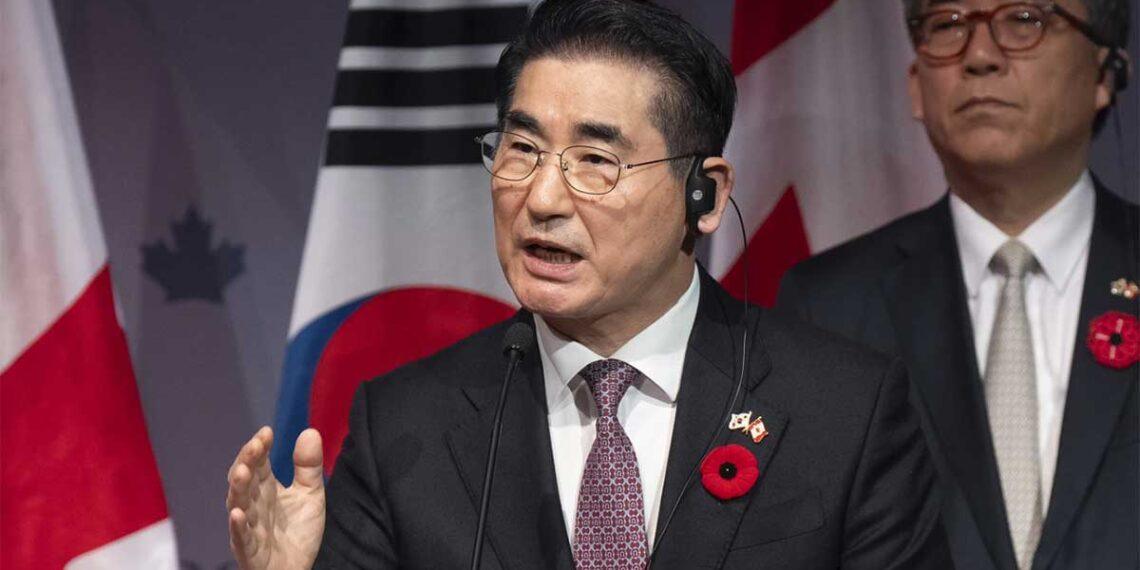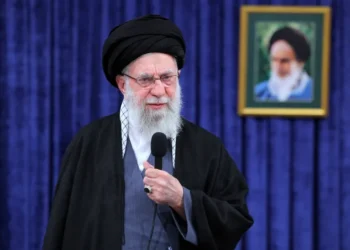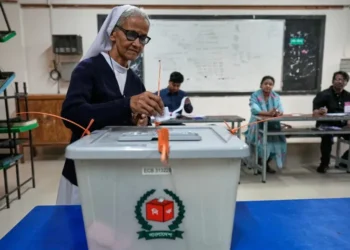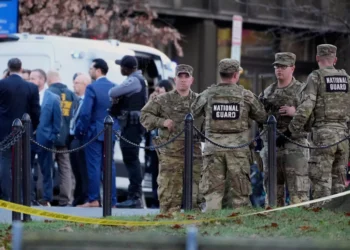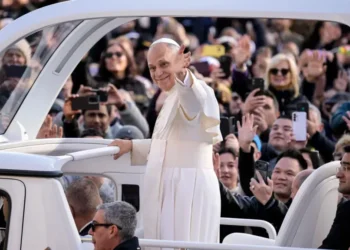Ex-Defense Chief Attempts Suicide Following Arrest Over South Korea’s Martial Law Case
South Korea is reeling from a political and legal storm after the arrest of its former defense minister, Kim Yong Hyun, over his alleged involvement in a controversial martial law decree. Authorities revealed that Kim attempted suicide while in detention, further escalating tensions in a case that has paralyzed the nation’s political landscape.
Failed Suicide Attempt in Detention
Kim’s suicide attempt occurred late Tuesday night at a Seoul detention center, according to Shin Yong Hae, Commissioner General of the Korea Correctional Service. Officials intervened in time, and Kim is now in stable condition. Justice Minister Park Sung Jae confirmed the incident during a parliamentary session.
Kim was arrested on allegations of orchestrating a rebellion and abusing power. His arrest marks the first formal detention related to the Dec. 3 martial law declaration by President Yoon Suk Yeol, a move that has drawn widespread condemnation.
Martial Law Sparks Political Crisis
President Yoon’s martial law decree, the first in South Korea in over 40 years, has been criticized as a power grab that froze the country’s political system, disrupted foreign policy, and unsettled financial markets. Yoon justified the decree as necessary to eliminate “anti-state forces,” a veiled reference to his liberal political opponents.
The Democratic Party, South Korea’s main opposition, plans to reintroduce a motion to impeach Yoon after a previous attempt failed. The president has since apologized for the decree but pledged to face any legal or political consequences.
Deployment of Troops and Police Under Scrutiny
Kim is accused of recommending martial law to Yoon and ordering troops to block lawmakers from voting on the decree. Despite these efforts, enough lawmakers managed to convene and reject the decree, forcing its repeal before dawn on Dec. 4.
Authorities are investigating whether Yoon, Kim, and others involved in the martial law violated laws against rebellion, a charge that carries a potential death sentence. Two senior police officials, National Police Agency Commissioner General Cho Ji Ho and Seoul Metropolitan Police Chief Kim Bong-sik, have also been detained for deploying forces to obstruct lawmakers’ votes.
Constitutionality in Question
Opposition leaders and experts argue that the martial law decree was unconstitutional, citing that such measures can only be enacted during wartime or national emergencies. Deploying military forces to disrupt parliamentary proceedings has been labeled as an act of rebellion.
In a parliamentary hearing, Army Special Warfare Command leader Kwak Jong-keun testified that President Yoon personally ordered troops to “break down the doors and remove lawmakers” from the National Assembly chamber. Kwak admitted he did not follow through with the directive.
Legal and Political Ramifications
Prosecutors now have 20 days to determine whether to indict Kim. Meanwhile, police have begun searching President Yoon’s office for evidence, though legal barriers related to state secrets could limit their investigation.
If the impeachment motion succeeds, Yoon’s powers would be suspended pending a decision by the Constitutional Court. If removed from office, South Korea would face an early presidential election. However, Yoon’s conservative party has proposed a “transition plan” to manage state affairs during an early election, a move criticized as unconstitutional.
National Fallout
The martial law decree and its aftermath have shaken South Korea’s democratic foundation. Observers worry about the long-term impact on governance, legal integrity, and the country’s reputation as one of Asia’s strongest democracies.
This developing case continues to dominate national headlines as South Korea awaits the next chapter in its unfolding political crisis.
This article was rewritten by JournosNews.com based on verified reporting from trusted sources. The content has been independently reviewed, fact-checked, and edited for accuracy, neutrality, tone, and global readability in accordance with Google News and AdSense standards.
All opinions, quotes, or statements from contributors, experts, or sourced organizations do not necessarily reflect the views of JournosNews.com. JournosNews.com maintains full editorial independence from any external funders, sponsors, or organizations.
Stay informed with JournosNews.com — your trusted source for verified global reporting and in-depth analysis. Follow us on Google News, BlueSky, and X for real-time updates.
